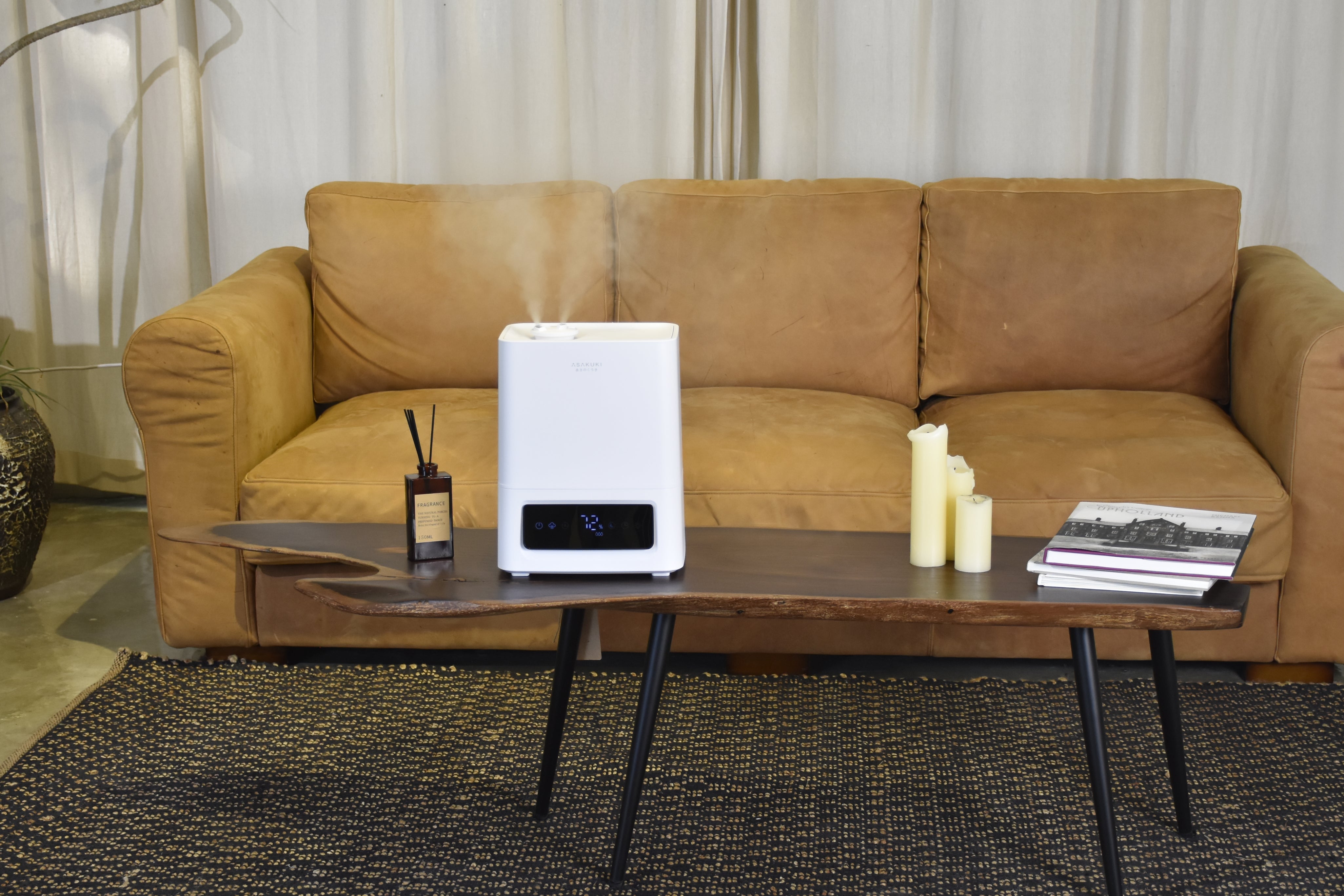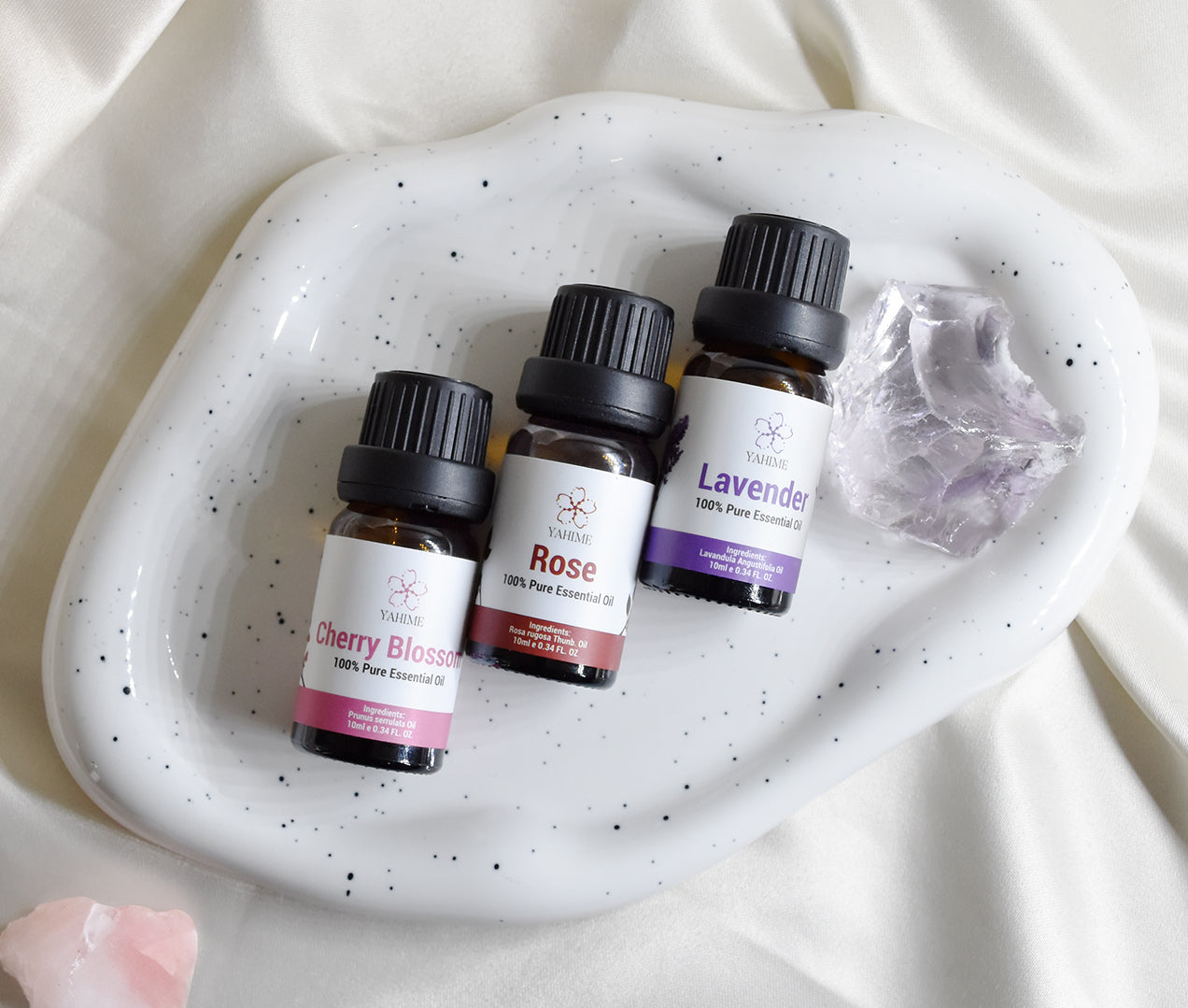Stuffy nose, or nasal congestion, is a common ailment that can occur due to various factors such as allergies, sinus infections, colds, or environmental irritants. It can be uncomfortable and bothersome, often leading individuals to seek relief through various methods, including the use of aroma diffusers. In this article, we will explore whether aroma diffusers are effective in alleviating stuffy nose and how they can be used for this purpose.
Understanding Nasal Congestion
Nasal congestion occurs when the nasal passages become swollen and inflamed, leading to difficulty breathing through the nose. This condition can cause symptoms such as a stuffy or blocked nose, difficulty sleeping, headaches, and reduced sense of smell. While nasal congestion is often temporary and resolves on its own, it can be bothersome and affect an individual's quality of life, especially if it persists or recurs frequently.
How Aroma Diffusers Work
Aroma diffusers are devices that are designed to disperse aromatic essential oils into the air, creating a pleasant and soothing atmosphere. These devices typically use ultrasonic technology or heat to vaporize the essential oils, releasing their aromatic compounds into the surrounding air. When inhaled, these aromatic molecules can interact with the olfactory system and the respiratory tract, potentially eliciting various physiological and psychological effects.
The Role of Essential Oils
Essential oils are highly concentrated extracts derived from plants, flowers, and other botanical sources. They contain aromatic compounds that are believed to possess various therapeutic properties, including anti-inflammatory, antimicrobial, and decongestant effects. Some essential oils, such as eucalyptus, peppermint, and tea tree oil, are commonly used to alleviate symptoms of nasal congestion and promote clear breathing.
Benefits of Aroma Diffusers for Stuffy Nose
There are several potential benefits of aroma diffusers for individuals experiencing nasal congestion:
Clearing Nasal Passages: Certain essential oils, such as eucalyptus and peppermint, have natural decongestant properties that can help to open up the nasal passages and promote easier breathing. When diffused into the air, these oils can provide relief from stuffy nose and congestion.
Reducing Inflammation: Some essential oils possess anti-inflammatory properties that can help to reduce swelling and inflammation in the nasal passages, making it easier to breathe. Oils such as lavender and chamomile may help to soothe irritated nasal tissues and promote comfort.
Relieving Sinus Pressure: Aroma diffusers can create a humid environment, which can help to moisturize the nasal passages and loosen mucus, relieving sinus pressure and congestion. This can be particularly beneficial for individuals experiencing sinusitis or sinus congestion.
Enhancing Respiratory Comfort: In addition to their decongestant properties, certain essential oils have a cooling or soothing effect on the respiratory tract, providing relief from discomfort associated with nasal congestion. Oils such as menthol and camphor can create a refreshing sensation that helps to alleviate stuffiness and promote clear breathing.
How to Use Aroma Diffusers for Nasal Congestion
To effectively use aroma diffusers for nasal congestion relief, follow these tips:
Choose the Right Essential Oils: Select essential oils known for their decongestant and soothing properties, such as eucalyptus, peppermint, and tea tree oil. Be sure to use high-quality, pure essential oils to ensure optimal effectiveness and safety.
Proper Dilution: Dilute essential oils appropriately before adding them to your aroma diffuser. Follow the manufacturer's instructions for dilution ratios, and avoid using undiluted essential oils directly in the diffuser, as this can be too potent and may cause irritation.
Use in a Well-Ventilated Space: Place the aroma diffuser in a well-ventilated area to ensure proper dispersion of the essential oils and to prevent the air from becoming too saturated with scent. This can help to prevent overwhelming odors and ensure comfortable breathing.
Regular Use: Use the aroma diffuser regularly, especially during periods of nasal congestion or stuffy nose. Consistent exposure to the aromatic compounds in the essential oils can help to maintain clear nasal passages and promote respiratory comfort over time.
Conclusion
In conclusion, aroma diffusers can be a valuable tool for individuals seeking relief from nasal congestion and stuffy nose. By using high-quality essential oils known for their decongestant and soothing properties, and following proper usage guidelines, aroma diffusers can help to open up the nasal passages, reduce inflammation, and promote clear breathing. However, it's essential to remember that aroma diffusers are not a substitute for medical treatment, and individuals with chronic or severe nasal congestion should consult with a healthcare professional for appropriate management and treatment options.





